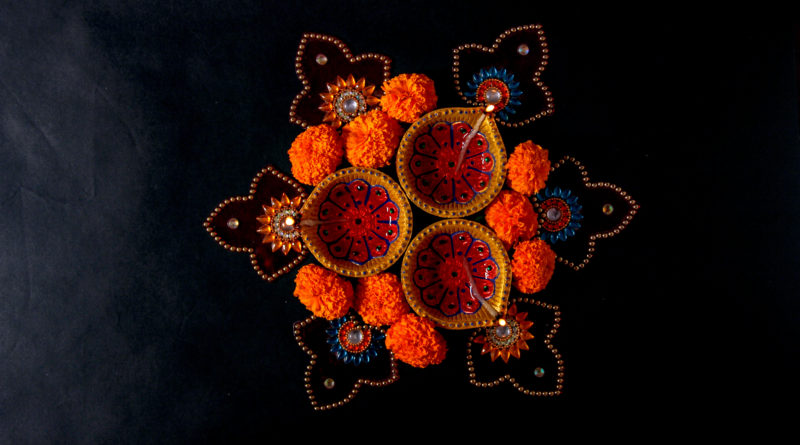What Is Diwali?
1,118 total views, 1 views today
Chances are that the word “Diwali” rings a bell to you, but despite its familiarity, you might not quite understand what it is. Sure, you probably know that it’s a holiday, but that might be all that you understand. What is Diwali? Who celebrates it? What does it celebrate? Learn the answer to these questions and more below.
What Is Diwali?
Diwali is commonly known as the festival of lights. This is a nearly literal translation of the word “Diwali,” which is Sanskrit for “rows of lighted lamps.” In certain parts of the world, Diwali is a national holiday.
Who celebrates Diwali?
Diwali is a national holiday in India and throughout the Indian diaspora. Although Diwali has roots in the Hindu religion, in the modern era, Indians of all religions are known to celebrate the holiday. The holiday has grown into an occasion more akin to a national festival than a holiday that one sect of the population celebrates.
What does Diwali celebrate?
The Hindu American Foundation explains that Diwali celebrates the prevailing of good over evil. Additionally, Diwali honors Lakshmi, the Hindu goddess of wealth, prosperity, and fortune. Interpretations and celebrations of the holiday beyond these two core tenets can vary.
For example, only some Diwali celebrators believe that the holiday also coincides with Lakshmi’s birthday or her marriage to the Hindu god Lord Vishnu, who is among the three gods comprising the Hindu holy trinity. Other Diwali observers, especially those in Northern India, use the occasion to commemorate the Hindu god King Rama’s victory against his foe Ravana, which King Rama clinched by lighting rows of lamps, potentially explaining Diwali’s name.
Further geographical variations in Diwali celebrations can be found throughout India. In the southern region of the country, Diwali honors the day when the deity Lord Krishna emerged victorious over the demon Narakasura. In Western India, Diwali entirely celebrates Lord Vishnu, honoring his valiance in banishing the demon King Bali to rule the evil underworld.
Non-Hindu Indians celebrate Diwali as well, though often for different reasons. In Jainism, Diwali commemorates the nirvana (the Buddhist term for “paradise”) that Lord Mahavira achieved in his lifetime. In the Sikh religion, Diwali honors the release of Guru Hargobind and 52 princes from the imprisonment of Emperor Jahangir.
When does Diwali occur?
As with many holidays, Diwali’s dates on the Gregorian calendar vary by year. On the Hindu lunar calendar, Diwali takes place on the 15th day of Kartik, which is the calendar’s holiest month. Often, this translates to an October or November date on the Gregorian calendar. This year, the third of Diwali’s five days (which is when major celebrations occur) falls on October 27th.
How is Diwali celebrated?
Throughout the Indian diaspora, Diwali celebrators will open their doors and windows for the day to let Lakshmi into their lives and homes. Since the holiday is a celebration of light, Indian homes often leave diyas, which are traditional Indian oil lamps, on for the day. As with many major holidays, celebrators enjoy large volumes of food, which often involve savory desserts and sweets specially prepared for the holiday.
If you celebrate Diwali, how do your reasons and methods of observing the holiday differ? Sound off in the comments!

